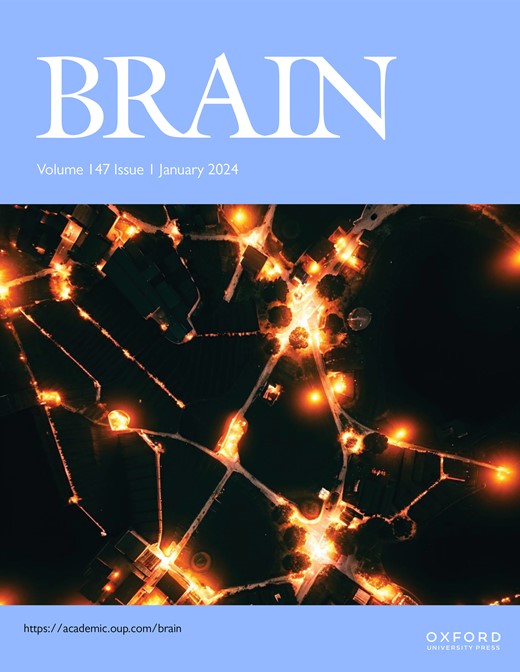Adieu to an aphorism: why nociception is necessary for pain
IF 11.7
1区 医学
Q1 CLINICAL NEUROLOGY
引用次数: 0
Abstract
An aphorism is a short saying intended to express a general truth. In this paper, the popular aphorism, “nociception is neither necessary nor sufficient for pain,” is critically examined. While the latter part of that aphorism, that nociception is not always associated with pain, is not controversial, the former part, that pain can occur without nociception, poses a major challenge to scientific and clinical understanding. This article traces the origins of this part of the aphorism in the pain-related literature and the empirical evidence upon which it is based. The assertion that nociception is not necessary for pain is found to contradict the definition of pain itself. Furthermore, the observational and experimental evidence drawn upon to support that assertion does not withstand critical examination. It is shown that the assertion that nociception is not necessary for pain is untenable on both logical and biological grounds. It is argued therefore that the aphorism should be discarded in favour of “nociception is necessary but not sufficient for pain. The conceptual, scientific and clinical implications of this signal change in principle are discussed.告别警句:为什么痛觉对疼痛是必要的
格言是用来表达普遍真理的简短说法。在这篇论文中,流行的格言,“伤害感受既不是必要的也不是充分的疼痛,”是严格审查。虽然这句格言的后半部分,即伤害感觉并不总是与疼痛相关,这是没有争议的,但前半部分,即疼痛可以在没有伤害感觉的情况下发生,这对科学和临床理解构成了重大挑战。本文追溯了疼痛相关文献中这部分格言的起源以及它所依据的经验证据。人们发现,痛觉不是疼痛所必需的这种说法与疼痛本身的定义相矛盾。此外,用来支持这一论断的观察和实验证据经不起严格的审查。从逻辑和生物学的角度来看,伤害感觉不是疼痛的必要条件的说法是站不住脚的。因此,有人认为这句格言应该被抛弃,取而代之的是“痛觉是必要的,但不是疼痛的充分条件”。本文讨论了这一信号变化的概念、科学和临床意义。
本文章由计算机程序翻译,如有差异,请以英文原文为准。
求助全文
约1分钟内获得全文
求助全文
来源期刊

Brain
医学-临床神经学
CiteScore
20.30
自引率
4.10%
发文量
458
审稿时长
3-6 weeks
期刊介绍:
Brain, a journal focused on clinical neurology and translational neuroscience, has been publishing landmark papers since 1878. The journal aims to expand its scope by including studies that shed light on disease mechanisms and conducting innovative clinical trials for brain disorders. With a wide range of topics covered, the Editorial Board represents the international readership and diverse coverage of the journal. Accepted articles are promptly posted online, typically within a few weeks of acceptance. As of 2022, Brain holds an impressive impact factor of 14.5, according to the Journal Citation Reports.
 求助内容:
求助内容: 应助结果提醒方式:
应助结果提醒方式:


